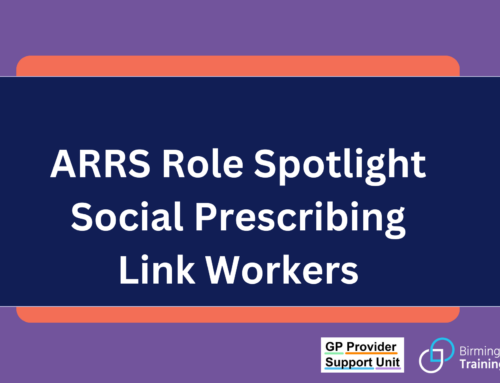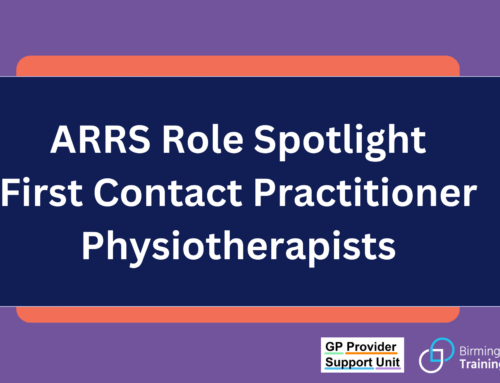I have been a Paramedic for over 25 years and in that time I have seen some truly awful sights and dealt with situations that nobody should ever see or have to emotionally deal with. No one in training school ever mentioned what or how you deal with the aftermath of having a dying child in your arms or even how to come to work after this happened to me. In this blog I want to talk about Post Traumatic Stress Disorder or PTSD which I suffered with many years ago following a 999 I attended and how I dealt with it.
Us Paramedics are a strange breed, seldom asking for help from anyone, making us even more at risk of suffering from this life changing condition. Paramedics have all had the pub chat with our friends who are not in the job saying, “Tell us about the worst job you’ve been to” swiftly followed by “I couldn’t do your job”, me personally, I don’t want to re live it again and again but when you have PTSD any trigger can bring it all flooding back at any time.

Back in the day, when I first started in the Ambulance service PTSD had not been diagnosed or developed. You certainly didn’t talk about it as you feared ridicule at the hands of your colleagues, and when you saw something or dealt with something truly horrific you were told that this was ‘character building’ and to ‘man up’. I quickly learned that I kept my mouth shut at work and luckily for me my wife, a nurse, helped me to deal with this as best she could.
I was asked about how I deal with bad jobs by a camera crew with me on a shift filming for a 999 Ambulance series. My answer, I think seemed to him bordering on crazy, but I stand by my definition as it’s how I compartmentally deal with it. I replied to the young cameraman by saying, have you ever seen Albert Finney’s Scrooge? He looked at me waiting for the punchline but one didn’t come and I again asked the question. He now saw that I had parked the jovial Jason and had a serious face looking at him, to which he replied yes I have. I asked him if he remembered Marley’s ghost that came to Scrooge carrying a long chain that he had forged through his life, he again answered yes still waiting for a punchline hoping I would make him laugh, but I didn’t because I firmly believe that this is what happens to Paramedics and how we deal with our bad jobs. I explained that the longer service you had, the longer the chain will become, and etched on this chain are the faces of all the truly awful jobs that you have been to. This chain you will carry with you for the rest of your life and you can choose to deal with it head on or ignore it and let it build up until something or someone breaks.
Let’s just say it never made it to the TV, no surprise there as the whole idea was to sell our job as superheroes wearing our underpants on the outside of our trousers, not dealing with disturbing jobs and sugar coating the service. Paramedics are seen as unwavering people who do not have emotions and certainly do not need to talk about them, that and the ability not to need food or water and be able to lift any patient no matter how heavy is a popular misconception too. But what made my story above even harder to bear was the fact that the crewmate I was with that day sadly took her own life a year later as her demons were too much for her to bear.
PTSDUK estimate that over 50% of people in the UK will experience trauma at some point in their lives and believe it or not it is possible for PTSD to be successfully treated many years after the traumatic event occurred, which means it is never too late to seek help, just seek help.
How do I know if I have PTSD?
The only way to know for sure, and get a formal diagnosis is to talk to a medical professional. In the UK, this usually begins with a trip to your GP. They will ask about your symptoms:

Be sure to seek help
Often, people think their symptoms will go away over time – but this is very unlikely, especially if you’ve been having symptoms for over a year.
Getting treatment can help stop it from causing problems in your relationships, your career, or your education – and so you can live the way you want to. Asking for help if the first step to getting control of your PTSD or C-PTSD, and starts you on the path to recovery. Getting treatment can also help other health problems you have that you may not realise are linked (even physical issues). Waiting for treatment may make your symptoms worse, and then be harder to deal with – so you should see a medical professional as soon as you feel ready. If you’ve tried treatment before, and you’re still having symptoms, remember that advancements are being made all the time in treatment options for PTSD and C-PTSD – it’s always a good idea to try again if you feel ready.
In the UK today, there are several treatment options for PTSD and the current NICE guidelines recommend both Cognitive Behavioural Therapy and Eye Movement Desensitisation Reprocessing as the main forms of treatment. For most people, these treatments can get rid of symptoms altogether.
The above data has been taken from the PTSDUK website please click the link to find out more or to volunteer any of your time for this great cause that us Paramedics need.

Jason Jeffries-Lloyd
Paramedic FCP Facilitator BSoL Training Hub
In memory of Kelly Davis


